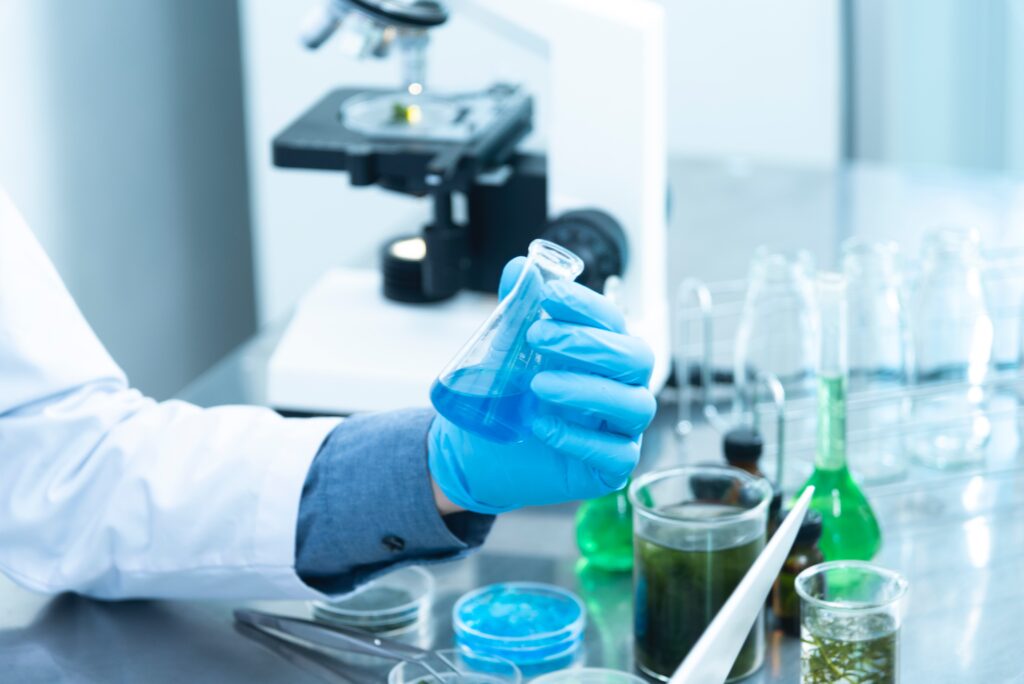Working in a laboratory environment requires the use of specialized skills, knowledge, and training, whether you are operating as the primary laboratory professional or in a support setting. It’s important to understand the differences between laboratory technicians and assistants in order to ensure that you are pursuing the career you are most interested in.
Schooling Differences
To become a laboratory technician, you would need an associate’s degree (or equivalent) related to medical technology – such as a two-year certificate program or diploma from an accredited college. Some technicians may even receive on-the-job training if needed.
For people interested in becoming lab assistants, it should be noted that you are only required to have a GED-level education, in most settings. That being said, it is highly encouraged to seek additional education in pertinent sciences, such as chemistry, biology, or biotechnology, as it can make your resume far more appealing in a competitive field.
Workload Differences
It is important to understand the differences between laboratory technicians and laboratory assistants before deciding which one to pursue as a career. Laboratory technicians, sometimes referred to as med techs, are responsible for performing various clinical tests including blood work, urinalysis, and other diagnostic tests. They must possess strong technical skills such as knowledge of medical terminology, safety procedures and standard lab practices. Other duties may include calibrating equipment, preparing specimens for analysis, and recording results in databases.
Laboratory assistants on the other hand play more of a supporting role in the laboratory environment. Their tasks typically involve stocking supplies, transporting samples to different areas of the lab, setting up laboratory materials or equipment before testing begins. They do not require any specialized scientific knowledge, but they must be able to follow directions accurately so that test results can be properly analyzed.
It’s important to note that, while there are some similarities between these two roles in regards to what tasks they perform on a daily basis, the key difference lies in the level of complexity of their daily workload. While technicians focus on understanding the scientific principles behind their work and making sure everything is conducted correctly, assistants mostly act in a supporting function and follow set protocols, which often do not require much interpretation.
Job Hunting
While there are distinct differences in what goes in to obtain these technical titles, job postings will often use them interchangeably. With all this in mind, it becomes more vital than ever that job hunters take the time to read job postings in their entirety before applying. Reading the requirements and the description of the work should give laboratory professionals a better chance at ensuring that they are applying to the right role.
Candidates should also be sure to add their certifications and licensure to their resumes so future employers can confirm their qualifications for the opportunity. Doing this means that job hunters do not waste time on a job that will be ill fitting in the long run.
Both of these professional groups are vital to healthcare organizations at every level, from massive hospital chains to local healthcare centers. If you are interested in pursuing a career in either of these professions, then check out our job board here to see what opportunities are available. If you are looking for something different than what you see there, send us an updated resume here and a dedicated recruiter will get back to you as soon as today!











